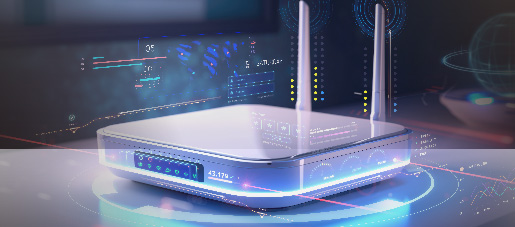Allion Labs / Blake Chu
Drastic changes in temperature can be a critical issue for many electronic components. In the case of storage devices, the normal operating temperature range for a hard disk drive (HDD) or solid state drive (SSD) is 0°C to 60°C. If the temperature exceeds 70°C, the storage device will not only fail to operate but also reach the end of product life. Thermal factors play an important role in the stability and durability of storage devices, especially for HDDs or SSDs installed in servers.
Allion provides HDD/SSD reliability and life testing along with customized testing platforms, temperature and humidity control equipment to enhance product reliability. According to the JEDEC standard of data retention, we change thermal conditions to accelerate the aging of a storage device in reliability testing. Thus, we can verify the performance and the lifespan of the storage device.
3 Major Tests Used in HDD/SSD Reliability Testing
We quantify the health of HDD/SSD devices and simulate actual use conditions by conducting thermal cycling test, four-corner test, and data retention test.
1. Thermal Cycling Test:
Within the range of HDD/SSD operating temperature, the test temperature is steadily increased to observe how the performance changes and to find out weaknesses of the device.
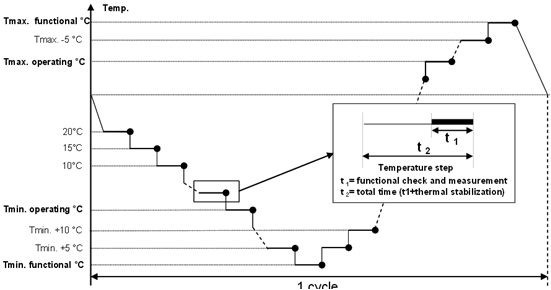
2. Four-Corner Test:
The four-corner test integrates 4 quadrants of test conditions: the high/ low operating temperature values and the operating voltage +/- 5%. Data-reading and data-writing will be repeated for a long time to verify the performance of HDD/SSD at different levels of temperature and voltage.
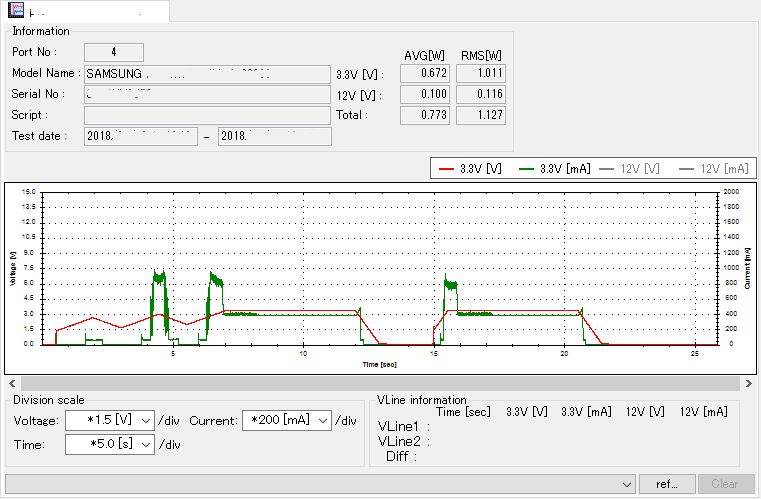
3. Retention Test with High Temperature:
The data is written to a DUT according to the JEDEC specification. Then we power off the DUT and put it into a chamber for a thermal test that goes on for a while. Finally, the DUT will be put into the test equipment for a full disk check and SMART (Self-Monitoring, Analysis, and Reporting Technology) check.
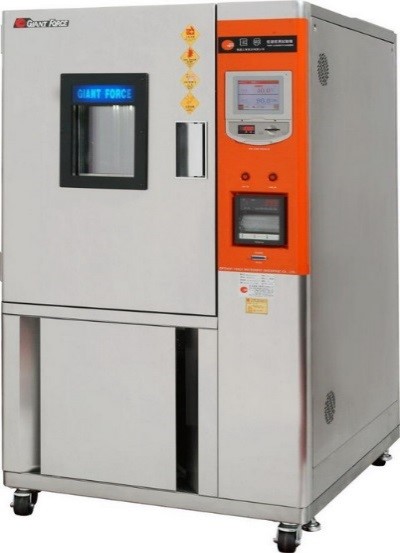
What Happens If a Hard Drive Gets Overheated?
Here we conduct a retention test based on different levels of temperature and different lengths of test to examine the effects of temperature on storage devices. First, we put a power-off DUT into the chamber. After the retention test is completed, we observe the full disk reading time. If the time of full disk reading is prolonged, it means that the life of the hard drive is successfully accelerated. As we can see in Figure 1, although the result of product deterioration at certain temperatures is not obvious, the data-reading time increases significantly after 10 hours of testing at a high temperature of 125°C.
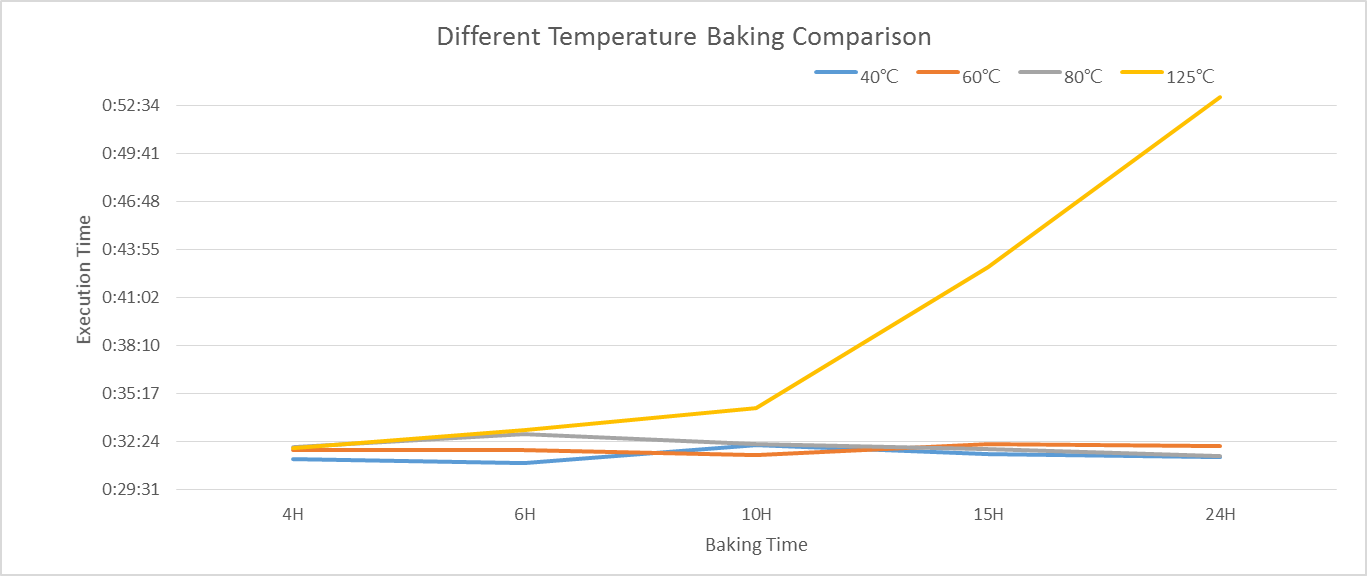
Figure 1
Next, we focus on the test result at 125°C/24 hrs. 4 out of 4 SSDs tested pass the SMART check. However, when it comes to the disk-reading time, the performance of “SSD A” is the worst because it takes so much more time to complete the test. In addition, “SSD A” has a significantly higher percentage of latency compared to the other three SSDs in Rank B, C, and D. In conclusion, high temperature can have a more serious impact on the performance of SSDs with relatively poor quality.
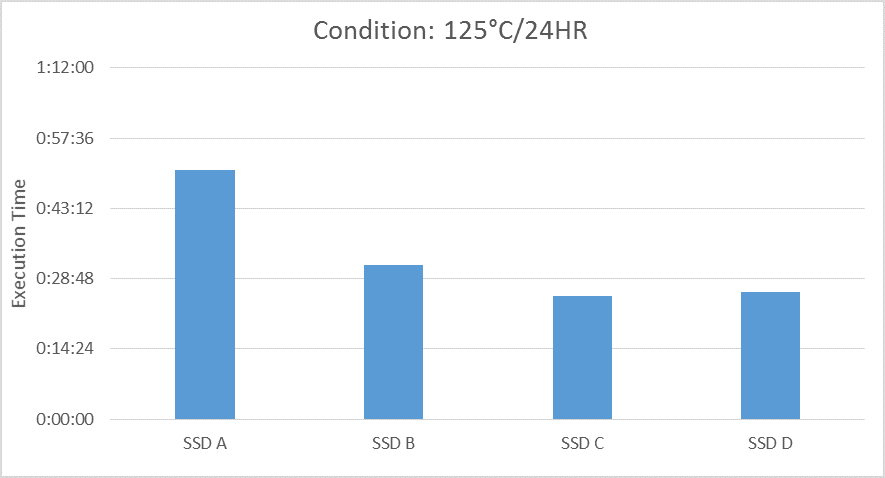
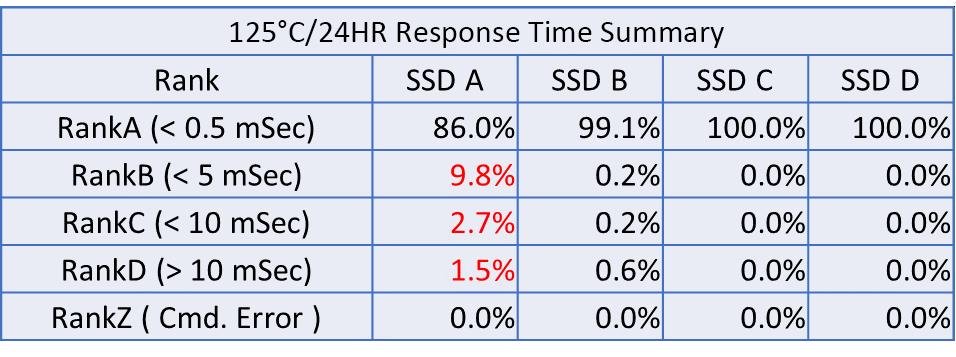
The response time of Rank A is under 0.5 mSec. When a SSD is categorized as Rank A, the latency is low and the overall performance is good. However, if the response time exceeds 10 mSec, the latency is higher and the overall performance is poor. Therefore, Rank A and B indicate the better quality of SSD.
For HDD/SSD reliability testing, Allion collaborates with a well-known Japanese laboratory, Hirota Seisakusho Limited, to offer the “Hirota Smart Tester” and test scripts along with the programmable temperature and humidity test machine. In addition, customizable settings such as temperature, time, and the rate of change of temperature with respect to time, are all available to verify the HDD/SSD reliability based on customers’ test needs.
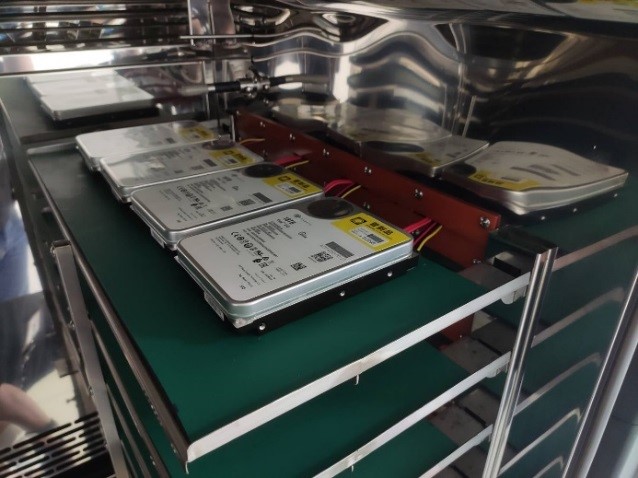
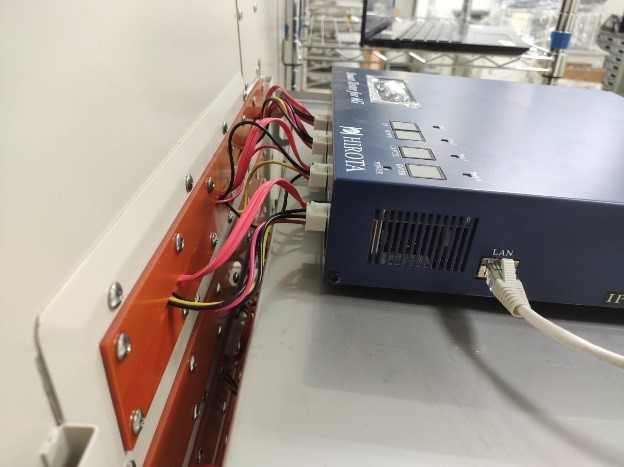
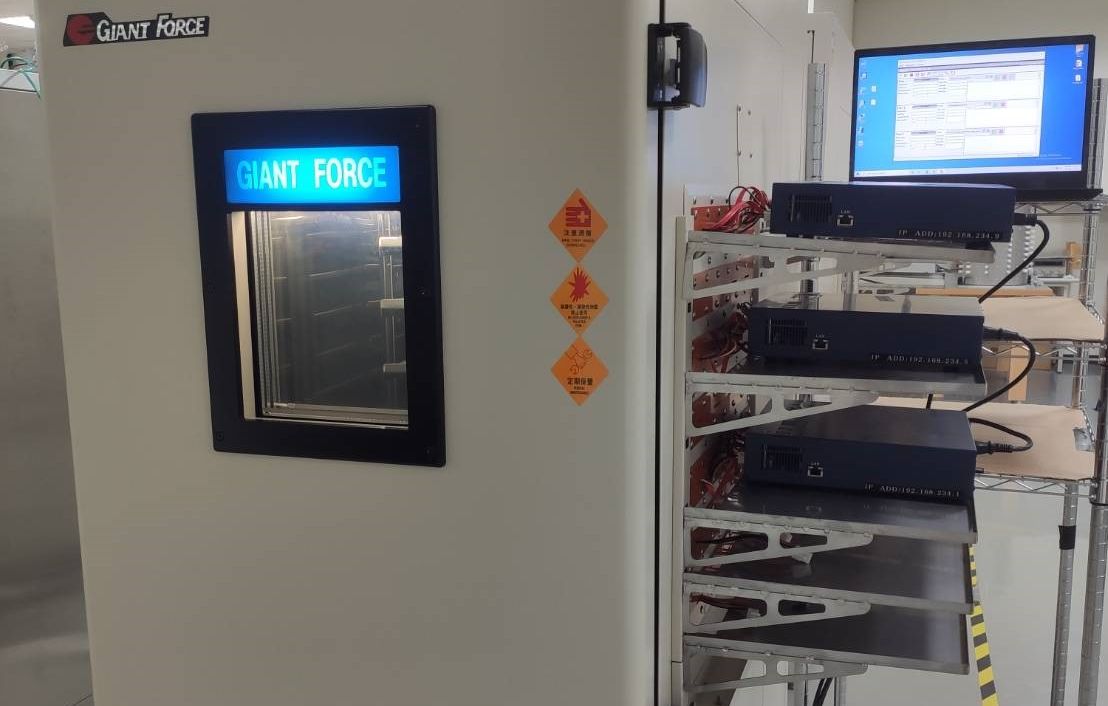
Hirota Smart Tester Programmable Test Scripts
| Test Script A | TBW Test (Enterprise & Client) |
| Test Script B | Evaluation by ON / OFF of power supply |
| Test Script C | Evaluation by variable voltages |
| Test Script E | SNIA SSS PTS |
| Test Script F | Low Power Measurement |
| Test Script G | 4-corner, power on/off, etc. |
| Customized Script | Based on customers’ request |
Thermal Chamber Specification
| Temperature Range | -20°C ~ 100°C (operating chamber)
85°C ~ 200°C (non-operating chamber) |
| Humidity Range | 10% ~ 98% RH |
| Number of DUTs that can be simultaneously tested | HDD: 12 Qty.
SSD: 12 Qty. |















